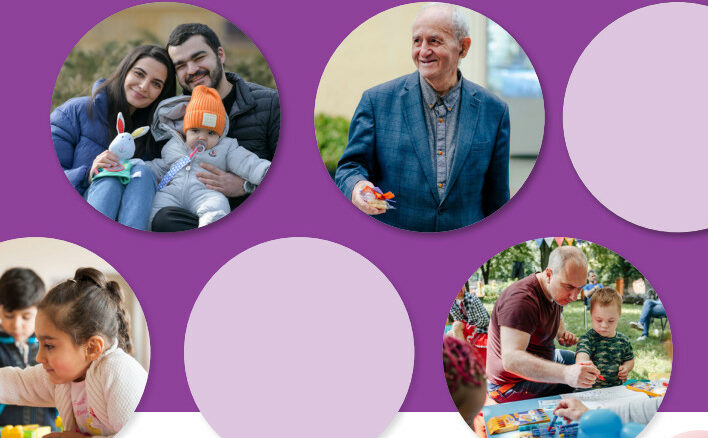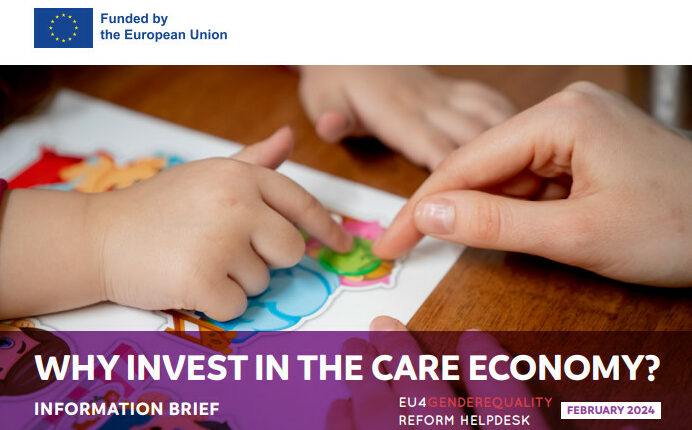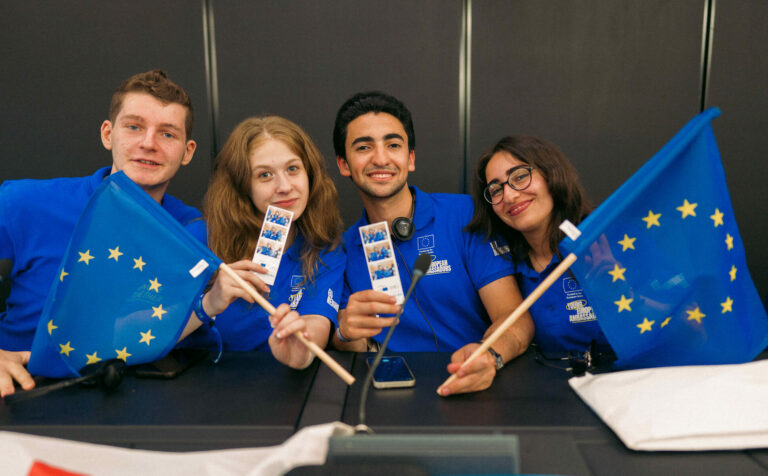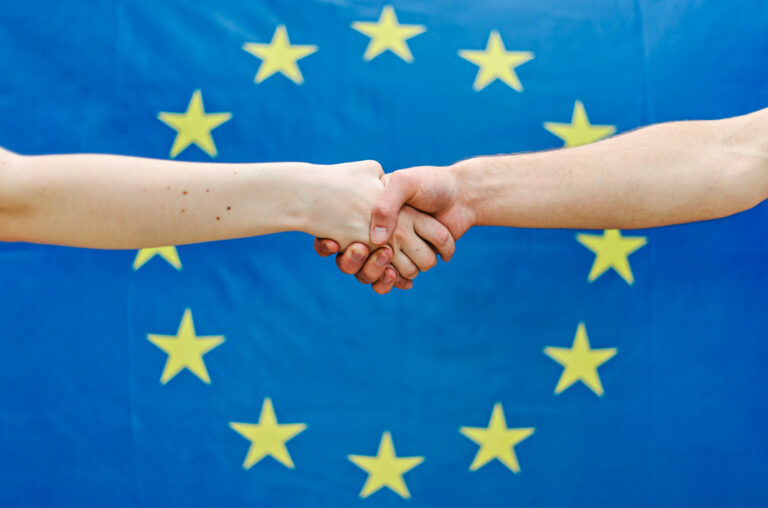
Kandrichina, I. N., & Veremeychik, O. V. (2020). Tools for ensuring gender equality in the academic sphere of the Republic of Belarus.
Preparation of the article is organized by Raoul Wallenberg Institute of Human Rights and Humanitarian Law in the context of academic cooperation with the Belarusian State University and other Belarusian universities. This academic cooperation has been supported by the Government of Sweden represented by the Swedish International Development Cooperation Agency (Sida).The article deals with the problem of ensuring gender equality in the academic sphere of the Republic of Belarus. Despite the absence of normative legal documents in Belarus specifically aimed at ensuring gender equality, there are three key tools that are aimed at establishing gender equality in the country’s higher education institutions: gender education, gender audit, and gender plan. The article analyzes the results of the development and implementation of these tools in the framework of academic cooperation of the Raul Wallenberg Institute of Human Rights and Humanitarian Law (Sweden) and Belarusian universities. The purpose of this article is to systematize the experience of implementing gender plans and gender audits in life activities of higher education institutions, analyze the quality of development, adaptation and implementation of gender equality tools in Belarus. Implementation of the research goal was achieved through the integrated use of methods of system and comparative analysis, systematization and formalization, historical and statistical methods. Based on the analysis, a number of proposals were developed to improve the use of gender equality tools in Belarusian universities: implementation of the principles of active participation and transparency, introduction of relevant gender indicators in the regular reporting system, integration of the theory of chance and the theory of change.
Journal of the Belarusian State University. Internatio-nal Relations. 2020; 1:25–33
Download
MOST READ
RELATED

Women’s economic empowerment: Good practices in Eastern Neighbourhood countries

Mapping care-related policies, services and practices in Eastern Partnership countries

Why invest in the care economy? Information brief

What is the screening process and how does it work?

EU accession process step by step
More campaign pages:
Interested in the latest news and opportunities?
This website is managed by the EU-funded Regional Communication Programme for the Eastern Neighbourhood ('EU NEIGHBOURS east’), which complements and supports the communication of the Delegations of the European Union in the Eastern partner countries, and works under the guidance of the European Commission’s Directorate-General for Neighbourhood Policy and Enlargement Negotiations, and the European External Action Service. EU NEIGHBOURS east is implemented by a GOPA PACE-led consortium. It is part of the larger Neighbourhood Communication Programme (2020-2024) for the EU's Eastern and Southern Neighbourhood, which also includes 'EU NEIGHBOURS south’ project that runs the EU Neighbours portal.

The information on this site is subject to a Disclaimer and Protection of personal data. © European Union,







